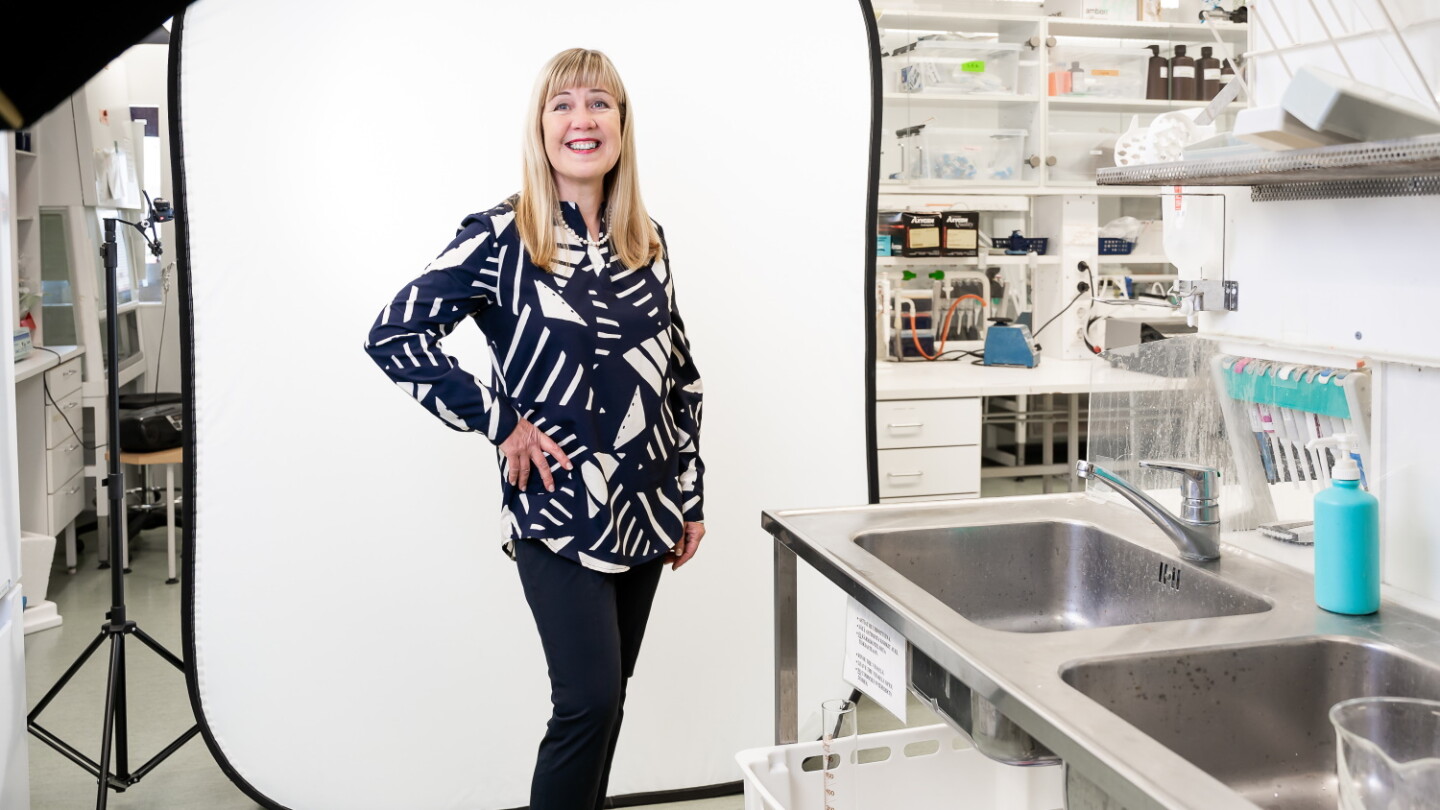InFLAMES (Innovation Ecosystem based on the Immune System) is a Finnish research flagship that aims at identifying novel drug targets using the most modern technological platforms and finding novel diagnostic tools to identify the patients benefitting from personalised therapies.
Researchers are persistently developing solutions to prevent type 1 diabetes and immunological drugs for treating the disease. This is also the objective of Director of Turku Bioscience Centre and InFLAMES Group Leader, Professor Riitta Lahesmaa and her research group.
Type 1 diabetes is an example of an autoimmune disease which is caused by the body’s own defence system. For an unknown reason, the immune cells attack the cells of the pancreatic islets and destroy them. Along with the cells of the pancreatic isles, the body’s ability to produce insulin is also destroyed. What causes the immune cells to make this mistake is not known.
– There are many hypotheses about the cause, such as environmental toxins and enteroviruses in addition to genes. Overly high hygiene levels and decreasing biodiversity in nature could also act as onset factors in the development of the disease. We are fairly certain that the initiators of the disease are not the same for everyone, but can be one thing for one person and something else for another, says Lahesmaa.
Type 1 diabetes is more common in Finland than anywhere else in the world. However, not all children who manifest diabetes risk factors at birth end up developing the disease.
– We have identified several early changes in immune cells in children who have later developed diabetes. Our discoveries can be used to help predict the risk of developing type 1 diabetes.
The discoveries were made together with the bioinformatics research group of InFLAMES Group Leader, Professor Laura Elo. According to Lahesmaa, their discoveries have also been made possible by the series of follow-up samples collected in e.g. the Finnish Type 1 Diabetes Prediction and Prevention study (DIPP study) led by Professor Jorma Toppari.
– In addition to identifying the causes of type 1 diabetes, it is also important to find out which disease mechanism is behind each patient’s disease. After that, we can correctly assign potential immunological treatments.
Lahesmaa is particularly interested in studying the T cells of the immune system. Their task is to defend us from pathogens and eliminate cancer cells. Regulatory T cells are responsible for suppressing the activity of T cells defending the system after the danger has been prevented. If the regulatory T cells do not operate correctly, T cells will continue their fight in healthy tissue. In type 1 diabetes, the function of regulatory cells is thought to be disturbed.
– We have discovered entirely new factors impacting the regulatory cells. When we are able to alter the regulatory cells in a way that enables them to once again accomplish their task, we would have a method for preventing diabetes, explains Lahesmaa.
Globally, there have already been type 1 diabetes treatment experiments with T cell therapy. In 2019, American Professor Jeffrey Bluestone published research findings which showed that T cell treatment postponed the onset of diabetes by two years. Bluestone is a member of the InFLAMES scientific advisory board.
The InFLAMES Flagship (Innovation Ecosystem based on the Immune System) is a joint effort of University of Turku and Åbo Akademi University aiming at being an internationally recognized, top-level, immunological research and development cluster which will be globally attractive both for the researchers and business partners.






